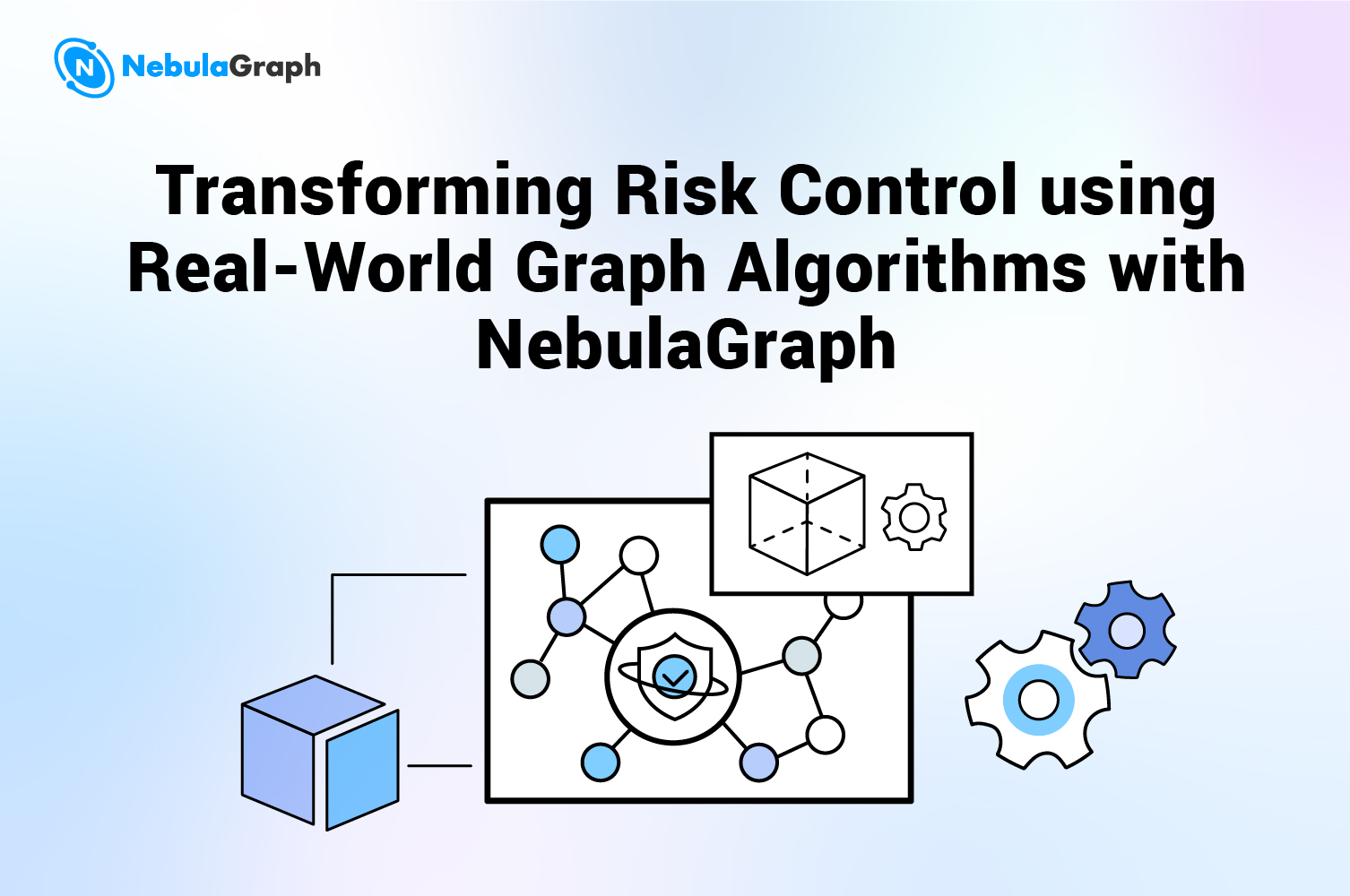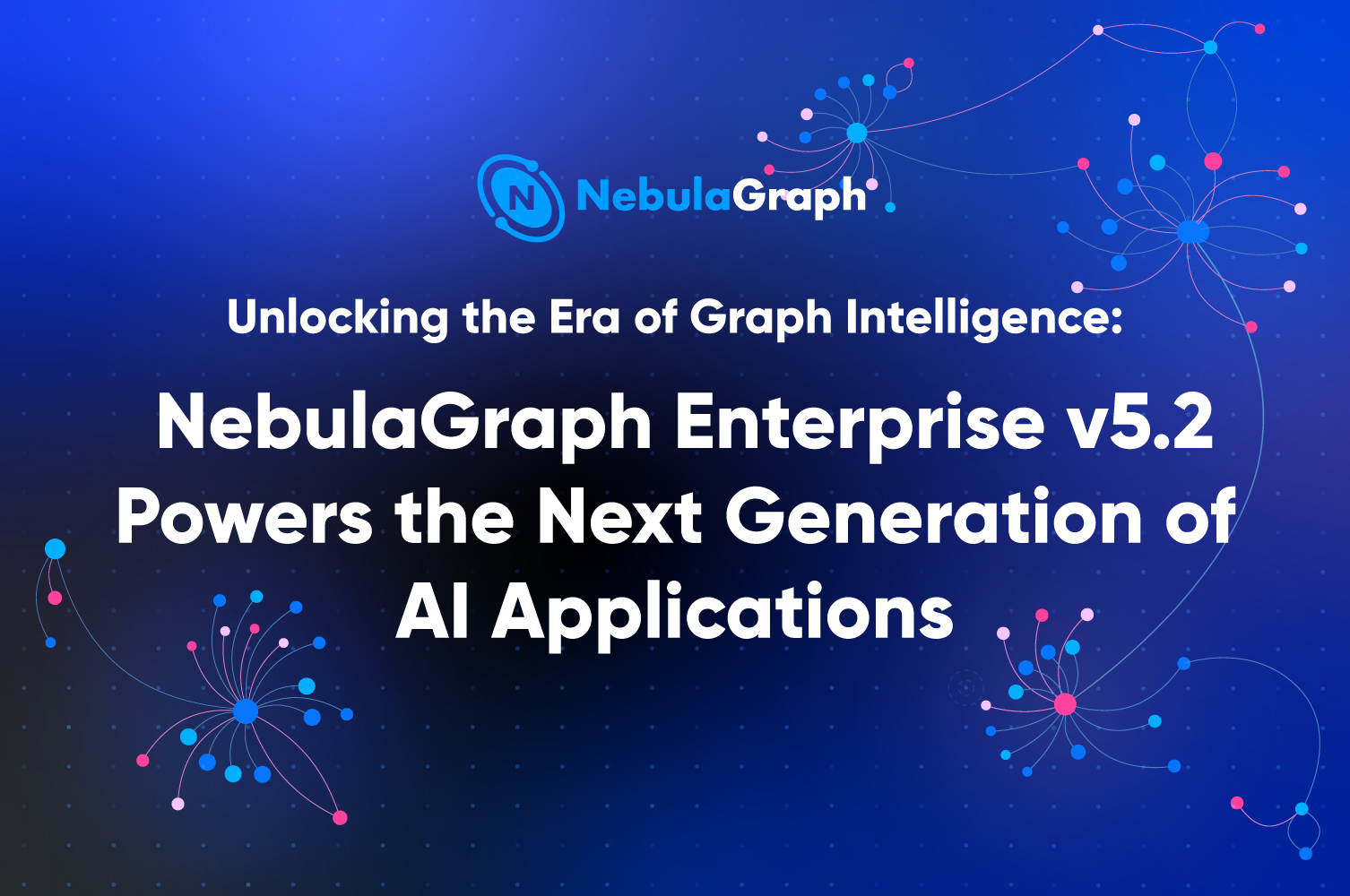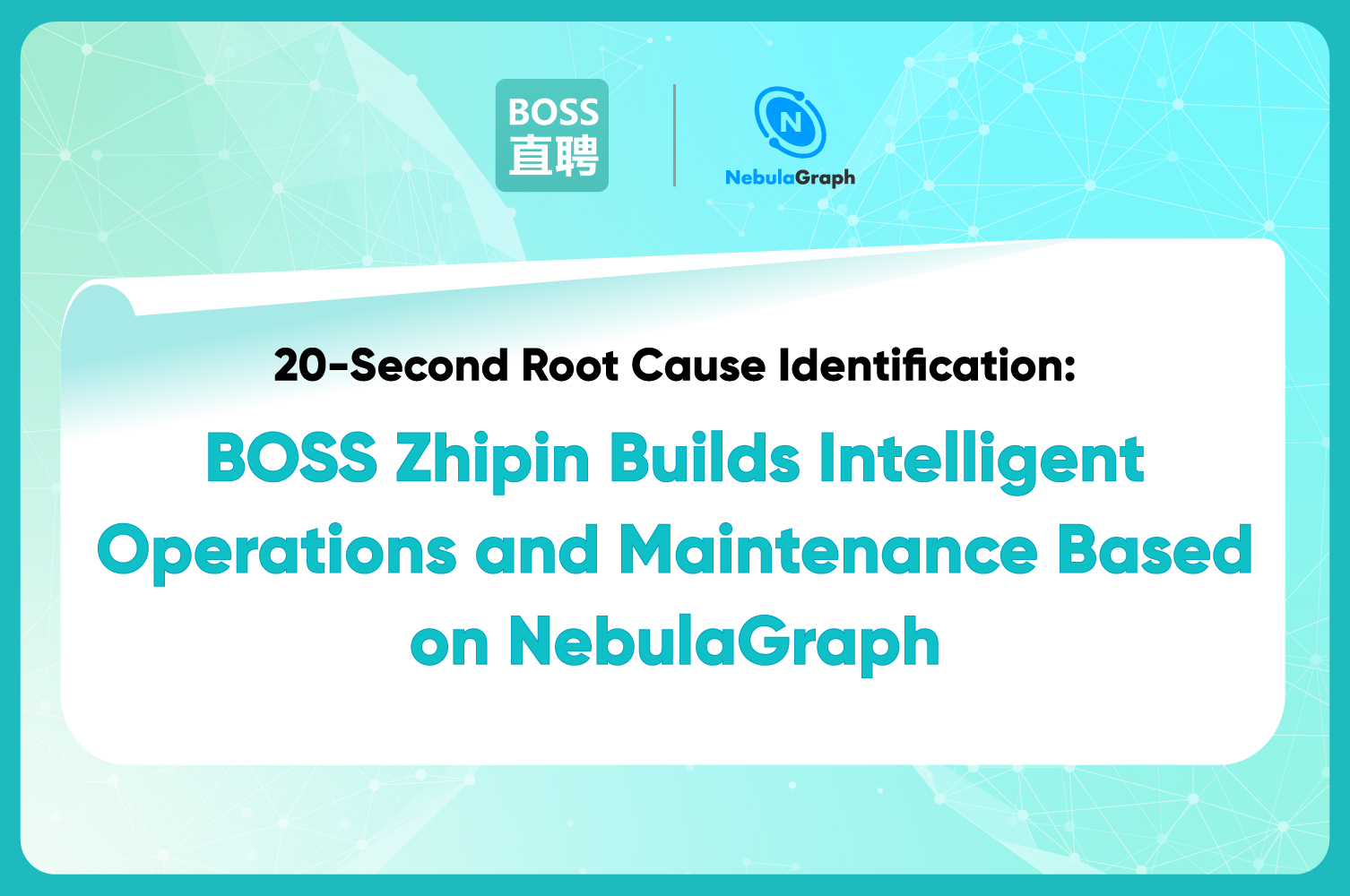Architecture
Why Database As A Service
In the rapidly evolving digital landscape, Database-as-a-Service (DBaaS) has emerged as a pivotal solution for organizations seeking to streamline their database management. The rise of DBaaS is closely related to the popularization of cloud computing. As enterprises become increasingly dependent on data, DBaaS has become an important part of IT infrastructure, providing functions such as data backup and recovery, scalability, and performance monitoring.
What is DBaaS
Essentially, DBaaS is a fully programmable database system deployed in a public cloud and managed by the DBaaS provider. It is designed to be automated, highly available, secure, and requires minimal routine maintenance from the user's side. This service model simplifies database management by handling deployment, management, and operations, allowing end-users to concentrate on their core business objectives and application development.
Comparison between DBaaS and traditional database
Below is the comparison table in English, highlighting the key differences between Database-as-a-Service (DBaaS) and traditional databases from the perspectives of cost, risk, efficiency, and risks as well as challenges:
| Aspect | Traditional Databases | DBaaS (Database-as-a-Service) |
|---|---|---|
| Costs | Requires significant upfront investment in hardware, software licenses, and employment of DBAs for maintenance, leading to continuous operational costs. | Typically follows a pay-as-you-go model, reducing hardware costs and avoiding large initial investments, transforming CapEx to OpEx, and allowing for more efficient resource allocation. |
| Risk | Enterprises bear the risks of maintenance and upgrades, including data security, system compatibility, and backup recovery. | DBaaS providers manage database maintenance, upgrades, and security patches, reducing the risks associated with technical updates and system maintenance. Automated backup and disaster recovery features also mitigate the risks of data loss and system failures. |
| Efficiency | Deployment and configuration can take a long time and require specialized knowledge for management. | Enhances efficiency through automated management tasks and rapid deployment capabilities. Allows users to quickly configure and scale database resources through self-service portals, accelerating development and operational processes. |
| Risks and Challenges | In certain situations, such as when there are complex database logical relationships or when the database needs to be bound to specific workloads, traditional databases might be a better choice. | There is a risk of vendor lock-in, which may limit the ability of enterprises to migrate or change service providers in the future. |
Benefits of DBaaS
DBaaS (Database-as-a-Service) is particularly beneficial for companies without a dedicated database team, with the following detailed advantages:
Simplified Database Management: DBaaS allows for easy management of database instances through a user-friendly control panel, including operations such as creation, scaling, backup, and recovery, without the need for in-depth knowledge of database technical details.
Cost Reduction: DBaaS eliminates the costs associated with purchasing, configuring, and maintaining hardware equipment, as well as hiring professionals, enabling businesses to utilize resources more effectively.
Automated Maintenance: Cloud service providers take care of automatic backup, monitoring, and upgrades for the database, ensuring high availability and stability.
Enhanced Security: DBaaS providers typically implement strict security measures, including data encryption, authentication, and access control, to protect user data from threats.
Rapid Deployment and Configuration: DBaaS allows developers and IT professionals to quickly establish configuration and provisioning standards, communicating with the database through simple APIs or low-code applications, without worrying about the database itself.
Future-Proofing: DBaaS can scale quickly with the expansion of the business, without the need to purchase additional storage, ensuring that the database infrastructure always aligns with business needs.
Professional Database Management: DBaaS solutions are managed by a team of experts from the provider, who are responsible for monitoring, backup, recovery, node repair, cluster resizing operations, node management, applying hotfixes, and upgrades.
Reduced Hassle and Overhead: With DBaaS solutions, teams do not need to develop or hire specialized personnel, such as database administrators, DevOps, and security personnel to manage the database. There is also no need to select hardware, purchase it, wait for it to arrive, install it, or set it up, or maintain it, thus saving on the costs of hardware data center technicians.
Disaster Recovery: Distributed DBaaS typically replicates your data across multiple availability zones within a region, so there is no single point of failure. Adding more replicas and expanding clusters to multiple data centers are allowed as needed.
Ease of Use: DBaaS service providers usually offer user-friendly interfaces and tools that make it easy for users to manage and access their databases, even without technical expertise.
Professional Support: DBaaS providers typically offer technical support to help users troubleshoot any database issues that may arise, which is a valuable resource for users who may not have in-house IT staff or expertise.
Who Should Consider DBaaS?
Both enterprises and developers can benefit from DBaaS. For enterprises DBaaS offers a way to manage large volumes of data efficiently while maintaining high availability and performance . Developers, on the other hand, can leverage DBaaS for rapid application development, testing, and deployment without the complexity of managing databases.
What factors should you think about when adopting DBaaS?
When selecting DBaaS (Database-as-a-Service) as its data management solution, a company should consider the following key factors to determine if it meets its specific needs:
Technical Team's Expertise: If a company lacks a professional database management team, DBaaS can provide convenient database management services, including automatic backup and recovery, allowing the company to focus more on the development of its core business.
Specific Scenarios of Project Requirements: DBaaS is suitable for application scenarios that require rapid deployment and flexible scaling, such as temporary database needs for continuous integration or backend testing.
Applicability to Micro-services Architecture: In a production environment that adopts a micro-services design composed of numerous databases, DBaaS can provide the capability to quickly go into production.
Cost-Benefit Analysis: DBaaS can bring economic benefits by reducing the costs of hardware and software upgrades, lowering capital expenditures, and simplifying database management.
Trade-off of Control: Using DBaaS may mean giving up direct control over databases and servers in some cases, as the cloud service provider is responsible for the underlying infrastructure and security.
Network Dependency: DBaaS requires a stable Internet connection; any network issues can affect the availability and performance of the database.
Security Considerations: Companies need to assess the security measures of DBaaS providers to ensure the safety of sensitive data and compliance with data protection regulations.
Risk of Vendor Lock-in: Choosing DBaaS may expose companies to the risk of vendor lock-in, especially if the service is tightly integrated with a specific cloud platform.
Performance Requirements: For applications that require high performance and large-scale processing capabilities, the performance of DBaaS may need to meet the demands of specific workloads.
Testing and Prototyping Exploration: Before making a final decision, companies should consider creating and exploring DBaaS prototypes to assess whether their performance and functionality meet the actual needs of the application.
Conclusion
The global DBaaS market is projected to experience significant growth, driven by the increasing demand for cost-efficient database management solutions and the widespread adoption of cloud-based services across various industries. As organizations continue to prioritize agility, scalability, and data-driven insights, DBaaS is set to become an integral part of the digital transformation journey.
For anyone considering DBaaS, it's crucial to evaluate the specific needs of your organization, the type of DBaaS that aligns with your tech stack, and the potential for scalability and integration with existing systems. With the right choice, DBaaS can be a powerful enabler of business growth and innovation.


